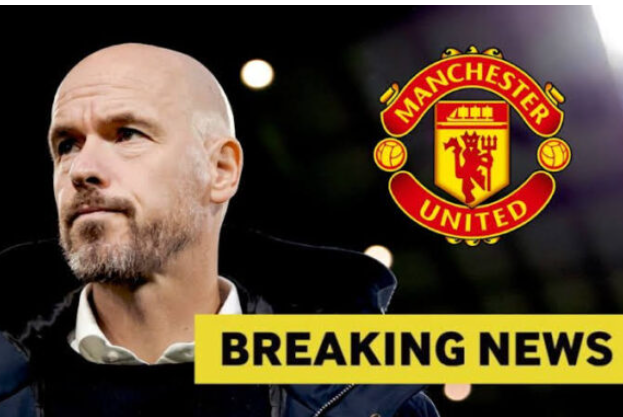Man United coach explains the real reason Jadon Sancho didn’t apologise to Erik ten Hag

Manchester United’s coach, Benni McCarthy, delves into the intricate reasons why Jadon Sancho declined to apologize to Erik ten Hag earlier this season, shedding light on a narrative that transcends mere sporting rivalry. As the 24-year-old winger prepares for the Champions League final with Borussia Dortmund, a club he temporarily returned to from Manchester United, the circumstances leading to his departure from Old Trafford come under scrutiny.
The saga commenced when Ten Hag omitted Sancho from the squad for a crucial match against Arsenal, citing the player’s sub par training performance. In response, Sancho took to social media to contest these assertions, arguing that he was unfairly targeted. Despite eventually removing the post, Sancho stood firm in his decision not to apologize to Ten Hag, who deemed an apology as a prerequisite for his reinstatement.
In a recent interview with 947 Joburg, McCarthy, a member of Ten Hag’s coaching staff, offered insights into Sancho’s perspective. He conveyed Sancho’s belief that an apology would equate to admitting to the criticisms against him—namely, accusations of laziness and lack of commitment. McCarthy elaborated on the mindset rooted in Sancho’s upbringing, where apologizing could be interpreted as conceding to derogatory labels.
McCarthy, endeavoring to bridge the gap between coach and player, approached Sancho not only as a mentor but also as a confidant. Drawing from his own experiences, he sought to elucidate the importance of a pragmatic approach in navigating professional challenges. Despite McCarthy’s efforts, Sancho remained steadfast, refusing to apologize for what he perceived as unfounded allegations tarnishing his reputation.
This standoff encapsulates the multifaceted nature of modern football, where interpersonal dynamics intersect with professional obligations. Sancho’s unwavering stance underscores a clash between personal integrity and institutional expectations, raising questions about the delicate balance between individuality and conformity in the sporting arena. As the narrative unfolds, the implications of Sancho’s decision reverberate beyond the pitch, shaping not only his career trajectory but also his relationship with Manchester United and the broader football community.




